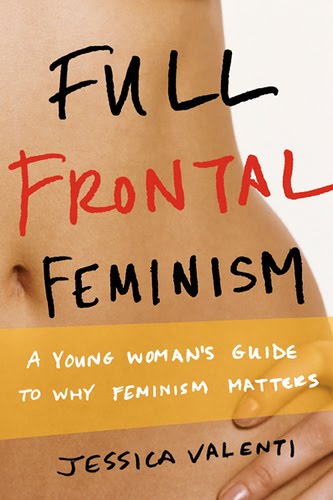Barnes and Noble have been releasing leather bound (bonded-leather bound) editions of particular classics. THese can include singular books, like Dracula or the Picture of Dorian Gray or collections, like Chronicles of Narnia or Grimm's Fairy Tales. I picked up the Dante edition in a nice red bonded leather. I believe "bonded leather" is actually particles of leather and other materials mixed together, but the effect (at least on my copy) is quite classic-looking.
Pictures below...
This is a fair representation of the colour of the cover.The black designs don't stand out as much as they do in the flash here, but are very visible (and pretty). The title, "Dante" and some design are completed in shiny gold-look.
I love the look, and even the gold edging on the pages - even though I doubt it will last long with the rate it is flicking off on my fingers. The pages are quite stuck together though, so I had to flick back and forth to seperate them all.
The only think I don't love is the design right in the centre. It doesn't keep in with the rest of the "look", which is a classic gold, red and black motif. The design - which I think is a sticker - is too colourful for the book. Even inside the book is very classically designed so Im not sure why they thought sticking a colourful sticker in the centre of the cover was a good idea.
I don't hate the cover, I quite like it still, but I think the centre inlay was a bad idea.
Continuing with the cover, this is the back. The design on the back is beautiful, depicting a swirl up from inferno to a gold topped paradiso. I don't know why they didnt try for something similar on the front cover.
This is the inner cover.
This is a sample of one of the pages. Barnes and Noble went with Henry Wadsworth Longfellow's translation, which I don't mind. I think I originally read John Ciardi's in early high school, but I can't be sure! I don't have a copy of John Ciardi's though. I have Mark Musa's translations in a penguin classic, but I don't particularly like any of them over the other. Perhaps if I read them one after the other...
Now the main reason I wanted this copy is that it has Gustave Dore's illustrations inside! I'm not sure how many illustrations are inside the edition, but they are plentiful, and make the edition worthy of buying themselves! (click to enlarge)
All in all, the edition is a great addition to your bookshelf, the only real downside being the central sticker-thingy on the front cover (and if you dislike HWL)
I would definitely like to get more of these editions. They are not rare, but they are a definite book-lovers indulgence.









